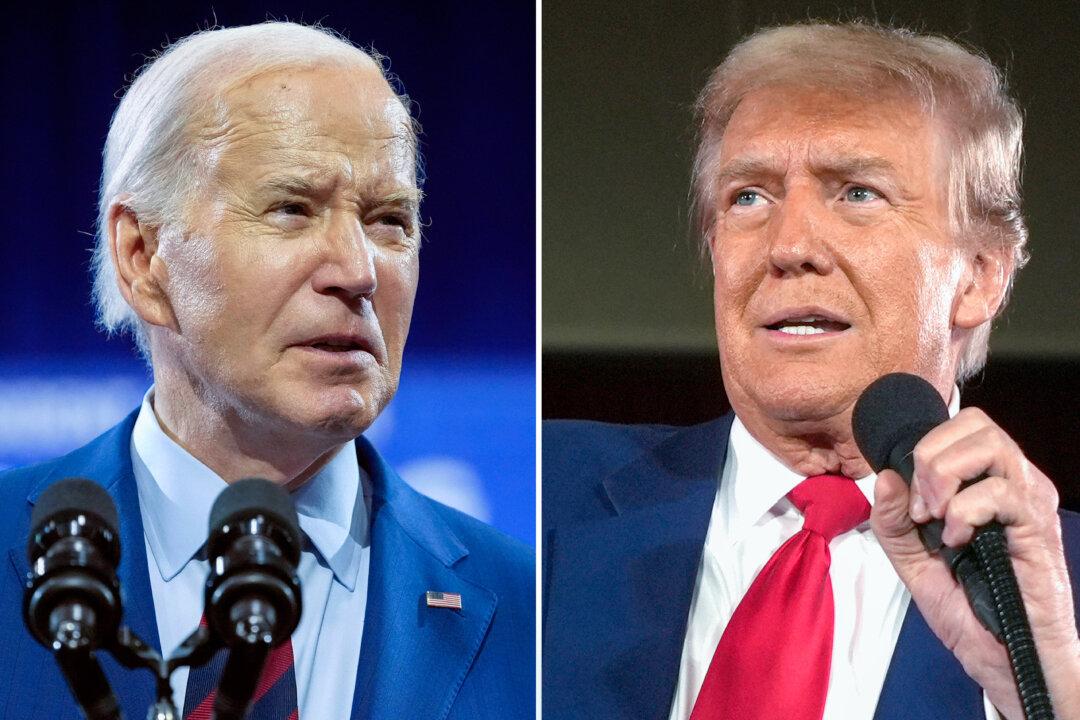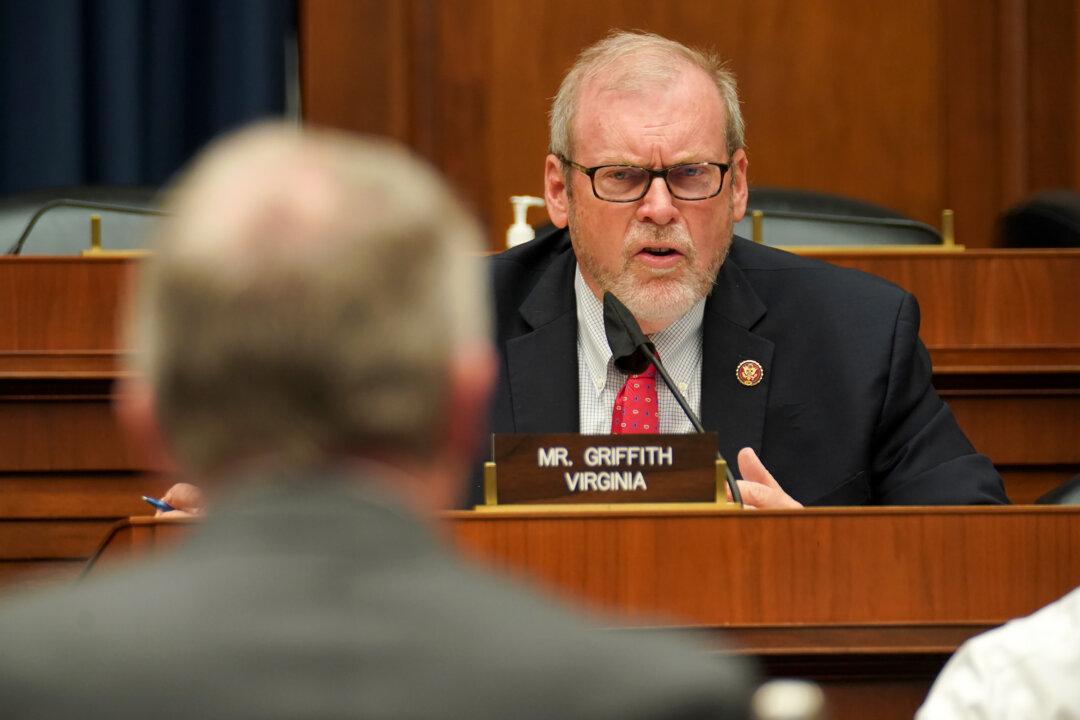President Joe Biden and former President Donald Trump are making overt appeals to black voters in an election cycle when political loyalties are shifting, and the race may be won or lost by small margins in a handful of battleground states.
One measure of the candidate’s urgency is the early vitriol in campaign advertising, with each accusing the other of racism.






